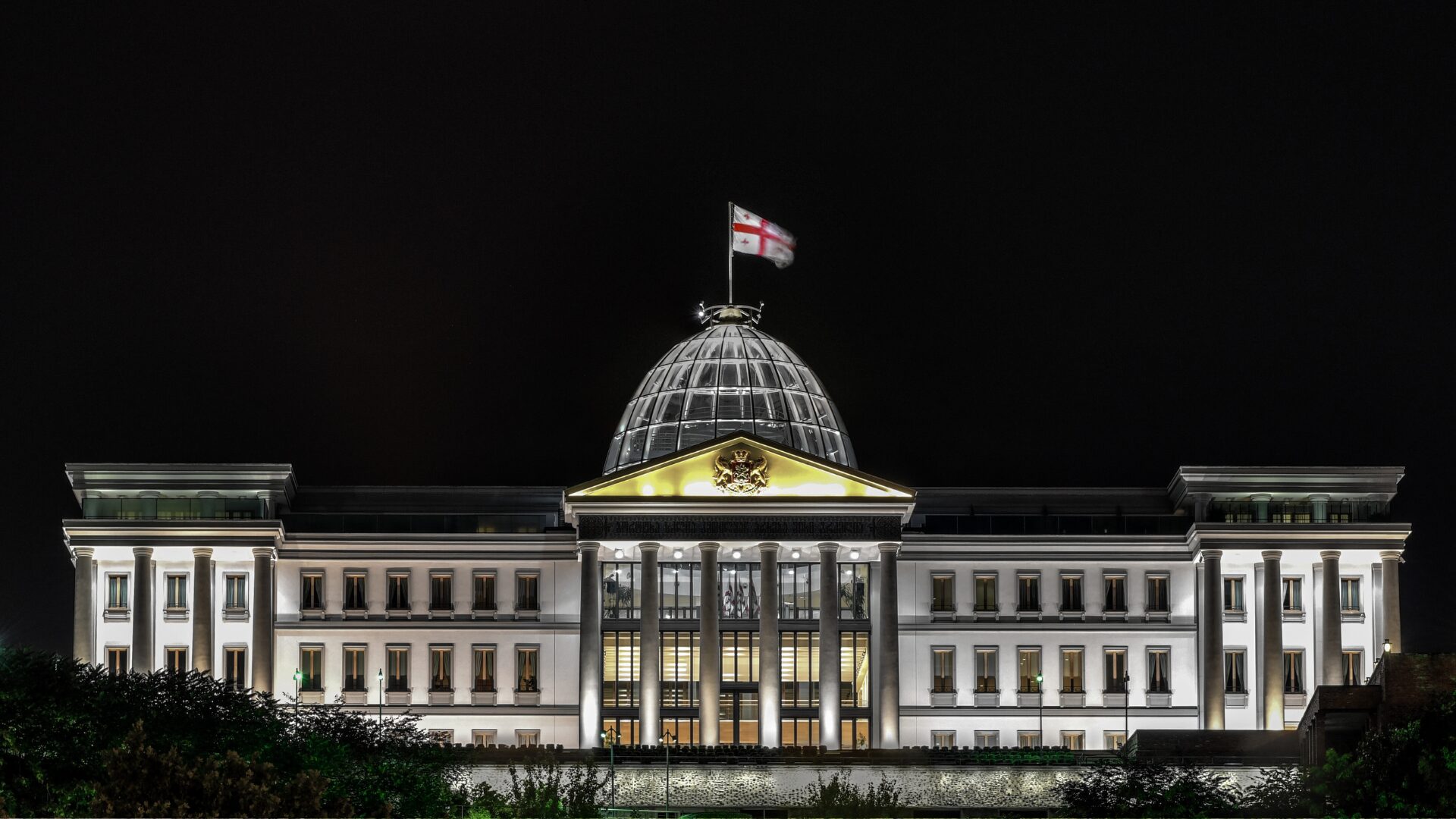Date first published: 31/10/2024
Key sectors: all
Key risks: political instability; civil unrest; geopolitical tensions; corruption
Risk development
On 27 October the ruling Georgian Dream (GD) party won the 26 October general elections with 54 per cent of support. Election observers reported widespread irregularities, including vote buying, ballot stuffing and intimidation. Four opposition parties passed the threshold and secured a combined 38 per cent, with the Coalition for Changes receiving 11 per cent and the United National Movement (UNM) 10 per cent. In a rare show of unity, opposition leaders and President Salome Zourabichvili rejected the results and called for protests, alleging massive election fraud and Russian interference. On 28 October thousands of people protested the results outside parliament, while US and EU officials condemned reports of election irregularities and called for an independent investigation. The opposition called for snap elections to be held under an international administration.
Why it matters
Opposition leaders portrayed the vote as a pivotal moment in determining whether Tbilisi would return to its democratic and European path or shift into Russia’s orbit under an increasingly authoritarian GD rule. Ahead of the vote, GD remained the most popular party amid a highly fragmented opposition and was expected to secure a majority, albeit not the absolute majority sufficient to pass sweeping constitutional changes it proposed – including a mandate to ban the opposition. Amid GD’s disputed victory, the opposition is seeking to seize the momentum and contest the results, raising the risk of political instability and the outbreak of major anti-government protests.
Background
Georgian Dream was founded in 2012 by billionaire Bidzina Ivanishvili, ousting the UNM party from power the same year. GD maintained Tbilisi’s path to European integration, launching EU accession talks in 2014, applying for EU membership in March 2022 shortly after Moscow’s full-scale invasion of Ukraine, and achieving key milestones that led to Brussels granting Tbilisi EU candidate status in December 2023. However, relations with the EU began to sour as Brussels demanded Tbilisi to implement “de-oligarchisation” – effectively curbing Ivanishvili’s influence – as a condition for further progress in talks. These tensions escalated after Tbilisi passed the controversial “foreign agents” law in May.
Western officials and opposition politicians increasingly claimed that GD was steering the country towards Russia, citing the similarity of the “foreign agents” law to a similar 2012 law in Russia frequently used to suppress dissent, as well as Tbilisi’s refusal to align with EU sanctions on Russia. However, GD’s pro-Russian leanings appear exaggerated and unrealistic, as overtly pro-Russian policies would never be tolerated by Georgian citizens, who harbour a strong resentment of Moscow following the 2008 Russo-Georgian war. Instead, Moscow likely sought to covertly influence the election in favour of GD as the party champions a more pragmatic and neutral stance in the ongoing Russia-West confrontation, akin to Orban’s Hungary.
Risk outlook
In the election’s aftermath, Tbilisi’s ties to the West took a further hit as Canada announced it was reviewing bilateral relations over the alleged election fraud. The US and EU’s response appeared more measured but will likely be followed by further cuts to bilateral cooperation with Tbilisi and sanctions on GD officials.
Meanwhile, on 29 October the Central Electoral Commission began a partial recount of ballots. On 30 October state prosecutors launched an investigation into the alleged election fraud and summoned President Salome Zourabichvili to testify and present evidence, while on 31 October two people were arrested on charges of stuffing ballot boxes during the election. The probes may likely be GD’s attempts to vindicate their victory and play down the scale of election fraud, and Zourabichvili’s refusal to cooperate has further raised tensions with authorities.
The scale of the Western response, the ability of the deeply divided opposition to overcome their rivalries and the turnout of protesters in the coming weeks will determine whether sustained pressure on the government can prompt new elections. Should GD succeed in legitimising the election results, the next government is likely to pursue further anti-Western and authoritarian policies, placing Tbilisi’s EU aspirations in serious doubt. Tensions will remain extremely high and protests – with the risk of turning violent – will likely continue in the coming days.
Members of the AKE Community receive one Analytical Briefing a week on the most pressing developments from across the world. If you want to receive such a briefing every week and much more, become a member of the AKE Community today!

